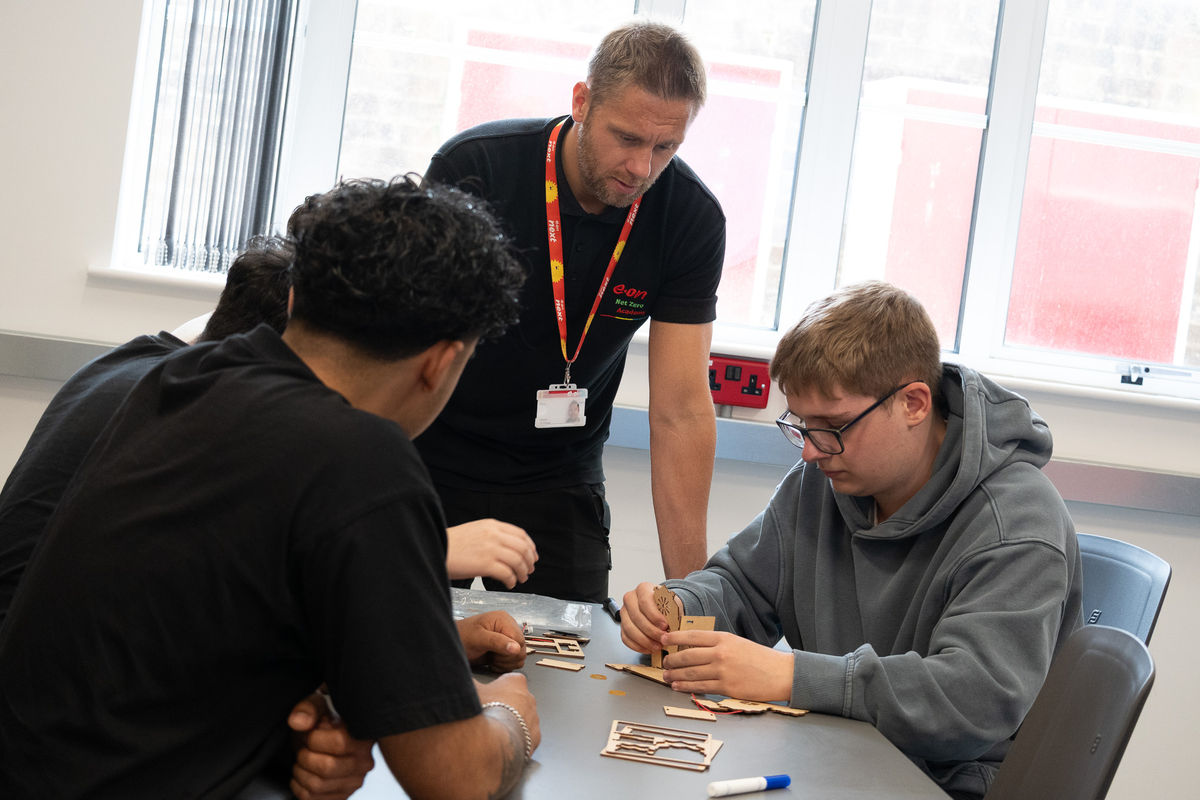AI Replacing Jobs? 4 Key Advantages Explain the Shift (and What You Can Do)

The rise of Artificial Intelligence (AI) is sparking widespread concern: will robots take our jobs? While the fear is understandable, the reality is more nuanced. AI isn’t about a wholesale replacement of humans, but rather a shift in the employment landscape. Understanding how AI is changing things is crucial – and it boils down to four key advantages: Speed, Scale, Scope, and Sophistication. Let's break down each of these 'S's and explore what they mean for your career in the Philippines.
The 4 S's: How AI Gains the Edge
1. Speed: AI excels at processing information and completing tasks at lightning-fast speeds. Think about data entry, customer service chatbots responding instantly, or algorithms analyzing market trends in real-time. Humans simply can’t compete with this level of efficiency. This is particularly relevant in industries like finance and logistics where quick decisions are vital.
2. Scale: AI can handle massive volumes of data and transactions that would overwhelm any human workforce. Consider e-commerce platforms processing millions of orders daily, or social media algorithms curating content for billions of users. The ability to operate at this scale is a game-changer for businesses.
3. Scope: AI’s capabilities are constantly expanding. From simple automation to complex problem-solving, AI can now tackle tasks across a wider range of industries and functions. Machine learning allows AI to learn from data and improve its performance over time, further broadening its scope.
4. Sophistication: AI is evolving beyond basic automation. Sophisticated AI models, like those used in medical diagnosis or fraud detection, can analyze complex patterns and make accurate predictions. This level of sophistication is transforming fields that require specialized expertise.
So, Will AI Take Your Job? A Realistic Perspective
The honest answer is: it depends. Jobs that are highly repetitive, data-driven, and require minimal human interaction are most vulnerable to automation. However, AI is unlikely to completely replace jobs that require creativity, critical thinking, emotional intelligence, and complex problem-solving – skills that are uniquely human.
Adapting to the AI-Powered Future: What You Can Do
Instead of fearing AI, Filipinos should embrace it as a tool to enhance productivity and create new opportunities. Here’s how to adapt:
- Upskill and Reskill: Focus on developing skills that complement AI, such as data analysis, AI ethics, and human-machine collaboration.
- Embrace Lifelong Learning: The job market is constantly evolving, so continuous learning is essential.
- Focus on Human Skills: Hone your creativity, communication, and critical thinking abilities.
- Explore New Roles: AI is creating new jobs in areas like AI development, data science, and AI training.
The future of work isn't about humans versus AI; it's about humans with AI. By understanding the advantages of AI and adapting our skills, Filipinos can thrive in the evolving job market and harness the power of this transformative technology.
Disclaimer: This article provides general information and should not be considered professional career advice.






